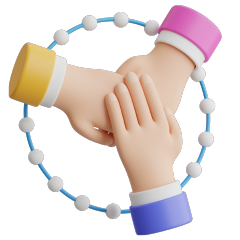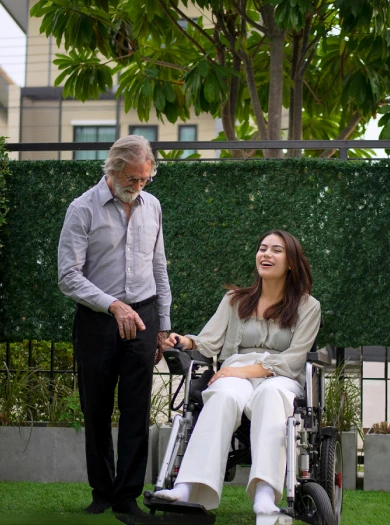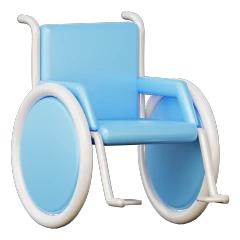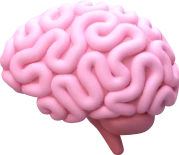Compassionate disability support services including in-home and community care and supported independent living.
Aged care is changing.
Learn about Support at Home.
Yes, and we're here to help!


The latest from Leora Healthcare
Inspiring stories, industry updates, informative content and more.

Supportive, empowering, flexible and inclusive! 
We’re the best place to work
We have been recognised as one of Australia and New Zealand’s Best Places to Work for five years in a row (2021-2025).
We’re always on the lookout for passionate and talented individuals to join our team and grow with us. Grab this incredible opportunity to make a difference in people’s lives!















